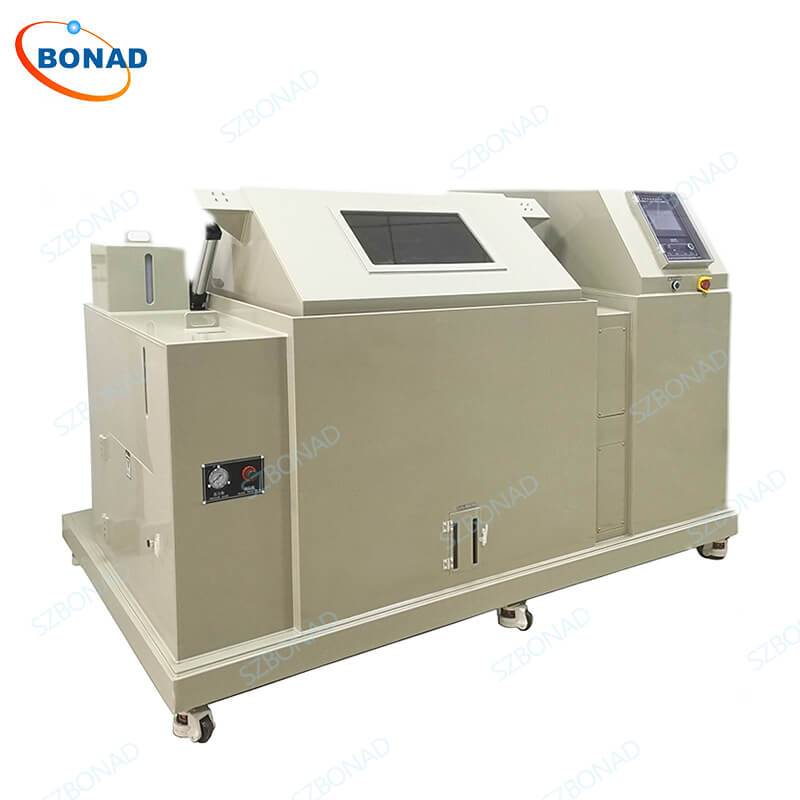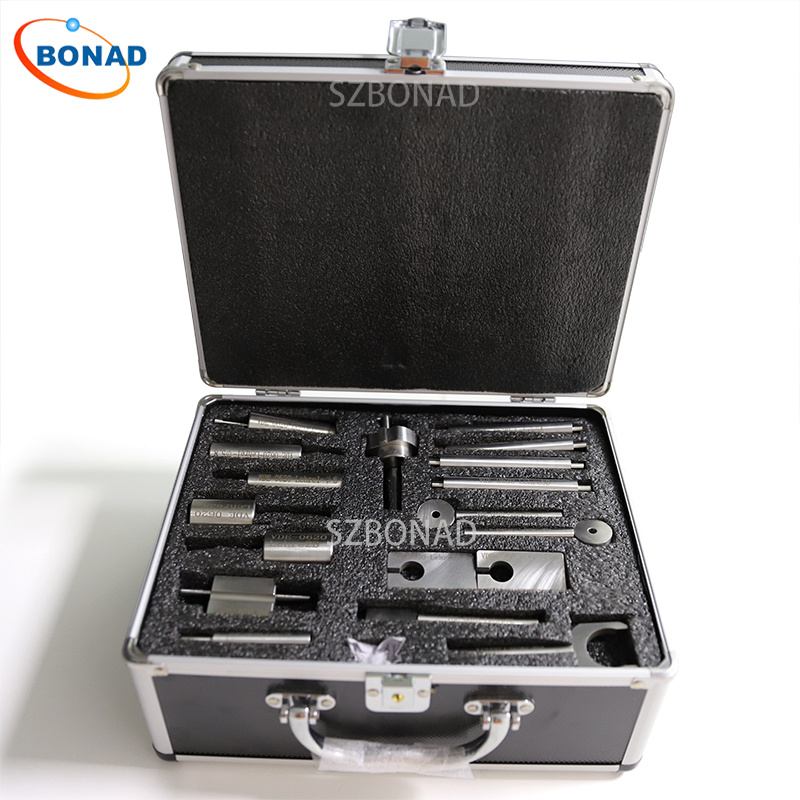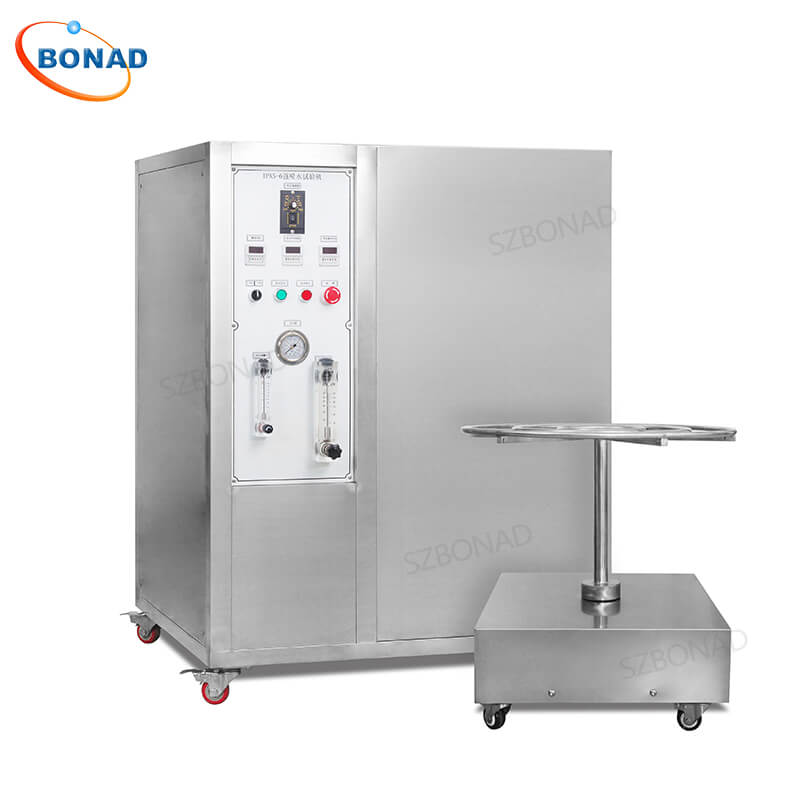Salt spray testing has become an indispensable tool in industries ranging from automotive and aerospace to electronics and manufacturing. This article delves into the significance of salt spray testing, its process, and the capabilities of the BONAD BND-ASST Salt Spray Test Chamber in simulating corrosive environments for material evaluation.
Understanding Salt Spray Testing
Salt spray testing, also referred to as salt fog testing, is a laboratory procedure designed to assess the corrosion resistance of materials under controlled conditions. By exposing test samples to a saline environment, manufacturers can predict how their products will perform in real-world scenarios like coastal or industrial atmospheres.
The primary purpose of this test is to accelerate the natural corrosion process, providing rapid feedback on product durability. With standardized conditions, manufacturers can ensure accurate and comparable results across different materials and coatings.
Why Salt Spray Testing Matters
Corrosion poses a significant threat to the integrity and performance of materials exposed to harsh environments. Industries such as automotive, aerospace, electronics, and manufacturing rely heavily on salt spray testing to evaluate the durability of their products. Key benefits include:
- Accelerated Testing: Simulates years of exposure in just days or weeks.
- Standardized Conditions: Ensures consistent and reproducible results.
- Versatility: Suitable for testing metals, alloys, coatings, plastics, and more.
The Salt Spray Testing Process
A typical salt spray test involves three main steps:
- Preparation: Clean the sample thoroughly to eliminate contaminants that may interfere with the results.
- Exposure: Place the sample in the salt spray testing machine, where it is exposed to a fine mist of saline solution at a constant temperature (around 35°C).
- Inspection: After the test duration, inspect the sample for signs of corrosion using standardized evaluation methods.
Introducing the BONAD BND-ASST Salt Spray Test Chamber
The BONAD BND-ASST Salt Spray Test Chamber is a cutting-edge solution for corrosion resistance testing. Designed for accuracy and reliability, this machine offers several key features:
- Temperature Control: Maintains a constant temperature of 35°C to ensure optimal test conditions.
- Uniform Spray Distribution: Ensures even coverage of the saline mist across all test samples.
- Advanced Monitoring: Equipped with digital controllers for precise monitoring of temperature, humidity, and spray pressure.
- High Capacity: Capable of testing multiple samples simultaneously for increased efficiency.
- Easy Maintenance: Durable construction ensures long-term reliability with minimal upkeep.
Applications Across Industries
The versatility of salt spray testing makes it applicable in various sectors:
- Automotive Industry: Evaluates the corrosion resistance of vehicle components exposed to road salt and other corrosive elements.
- Aerospace Industry: Assesses the durability of aircraft components subjected to high-altitude salt-laden air.
- Consumer Electronics: Ensures outdoor devices perform reliably in humid or salty environments.
- Coating and Finishing Industries: Tests the effectiveness of protective coatings like paints, electroplating, and galvanization.
By leveraging the BONAD BND-ASST Salt Spray Test Chamber, manufacturers can confidently develop products that withstand the harshest conditions.



